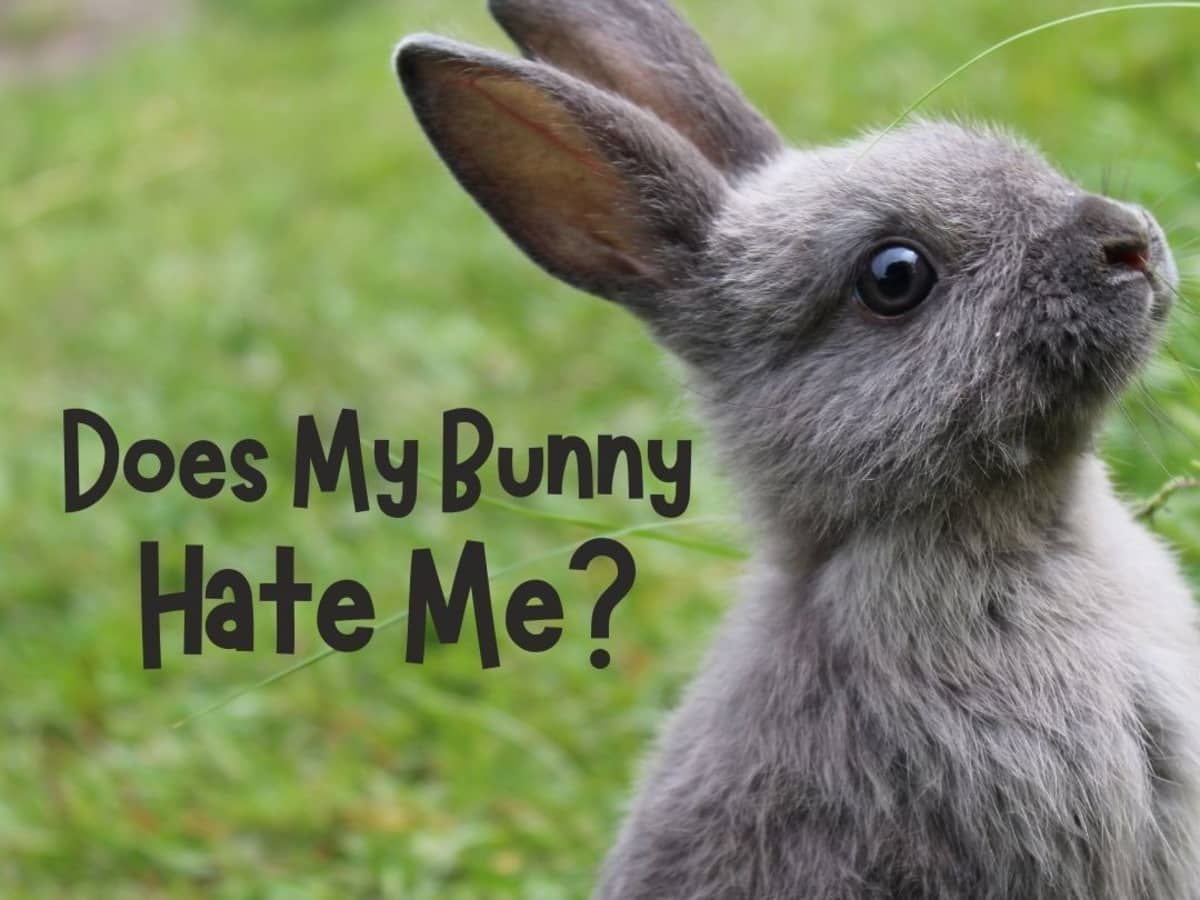If you are wondering why your rabbit does not seem to like you, you are not alone. Many rabbit owners have experienced this issue and are looking for ways to improve the relationship between themselves and their furry friend. In this article, we will explore why your rabbit may not like you and provide advice on how to build a better bond with your pet. We will also provide an overview of rabbit behavior and discuss the importance of providing a safe and enriching environment for your rabbit. With the information provided in this article, you can better understand why your rabbit may not like you and how to make your relationship stronger.
Understanding Rabbit Behavior
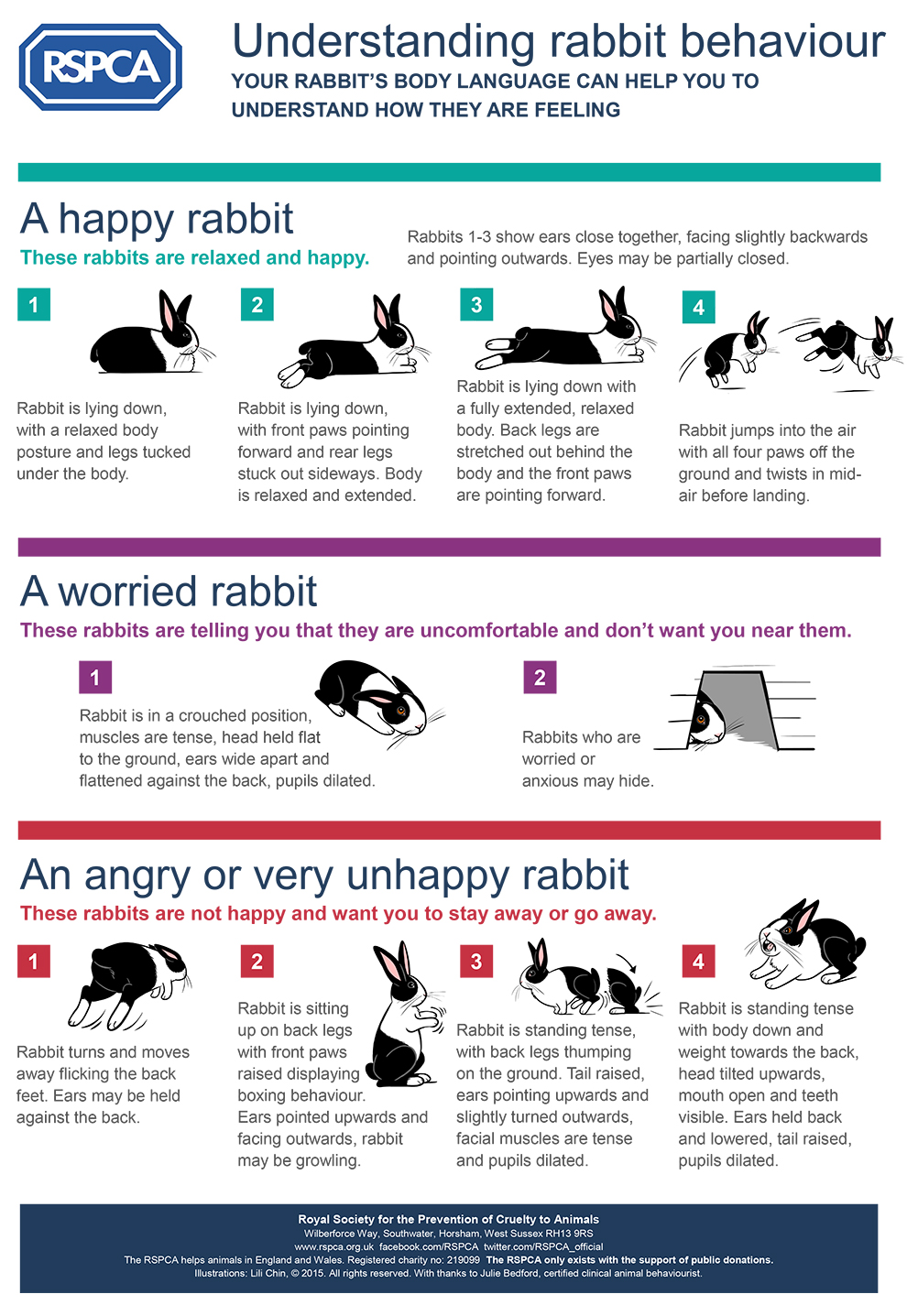
Rabbits are complex animals with a range of behaviors and body language that they use to communicate. To understand why your rabbit may not be particularly fond of you, it is important to understand their behavior.
Social Behavior
Rabbits form social bonds with other rabbits and can even form bonds with humans and other animals. When a rabbit is in a new environment with new people, they are likely to be wary and cautious. It is important to give your rabbit time to adjust, and to move slowly and calmly around them.
Aggression
Rabbits can be territorial and aggressive. If there is another rabbit in the household, it is possible that the rabbit is displaying aggression towards you as a result of it feeling threatened. If this is the case, it is important to provide your rabbit with plenty of space and to not corner it as this will only increase their stress and aggression.
Hiding
Hiding is a common behavior in rabbits, especially when they are in unfamiliar environments. If your rabbit is hiding, it is important to give them the space they need and to not try and force them out of their hiding spot. Once they feel comfortable, they will be more likely to come out.
Body Language
Rabbits use their body language to communicate with their owners. A relaxed rabbit will be laid down, with their ears perked up, and may even come up to you for a head rub. If a rabbit is standing with their ears laid back and their fur fluffed up, this may indicate that they are scared or feeling threatened and should be given space.
Grooming
Rabbits groom themselves and their owners as a sign of affection. If your rabbit is grooming you, this is a sign that it trusts you and is comfortable around you.
Understanding rabbit behavior is key to understanding why your rabbit may not like you. With patience and understanding, you will be able to form a strong bond with your rabbit.
Establishing Trust
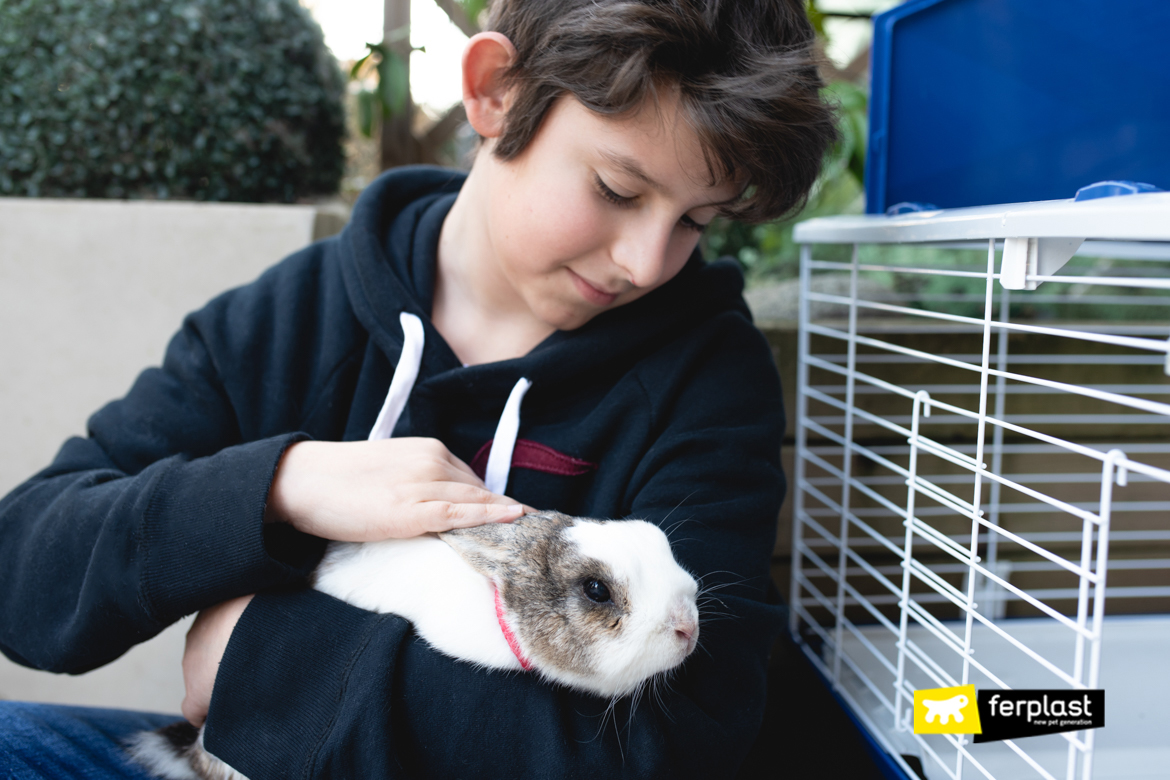
| Method | Description |
|---|---|
| Approach With Care | Make sure your movements are slow and deliberate. Do not make sudden changes in direction, speed, or loud noises. When interacting with your rabbit, always be gentle and quiet. |
| Provide Comfort | Make sure your rabbit has a safe, comfortable space to call their own. Give your rabbit plenty of blankets, toys, and hideaways. Let your rabbit get used to your presence before attempting to pick them up. |
| Offer Treats | When your rabbit is comfortable around you, offer them small treats. This is a great way to show your rabbit that you are a trusted friend. Avoid overfeeding to prevent obesity and other health problems. |
| Be Patient | Rabbits take time to get used to new people and environments. Don’t give up if your rabbit does not immediately warm up to you. Keep trying and eventually, your rabbit will learn to trust you. |
Interacting with Your Rabbit
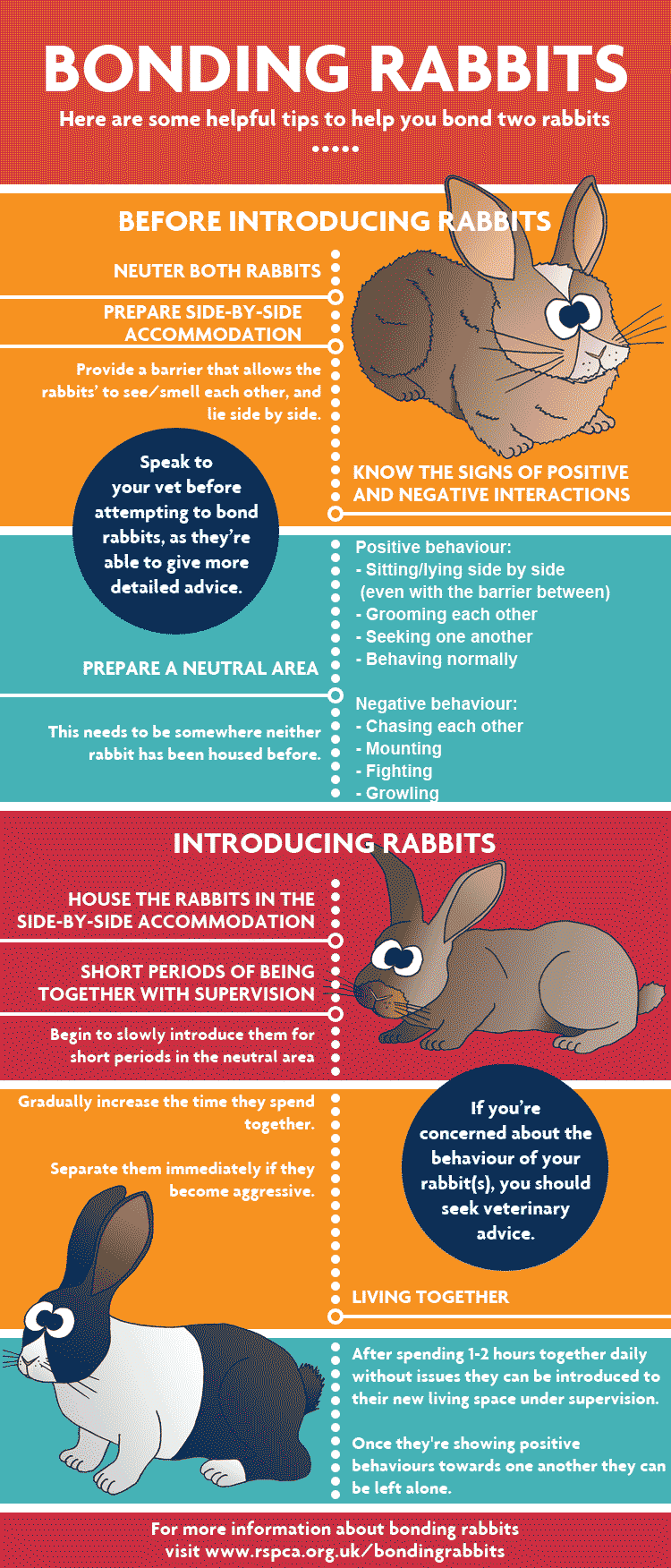
Bonding is an important part of developing a relationship with your rabbit. Spend time with your rabbit on a regular basis, petting and brushing them, and talking to them in a soothing voice. Show them affection by offering treats and cuddles.
Handling your rabbit correctly is also essential to building a strong bond. Pick them up carefully, making sure to support their bottom and hind legs. Use slow and gentle movements, and don’t forget to reward them with a treat once you’ve put them down.
Playing is a great way to get your rabbit used to you. Provide them with plenty of toys and activities to keep them entertained. This could be anything from a cardboard box to hide in, to a paper bag to explore.
Socialization is key to helping your rabbit trust you. Introduce them to other people and animals gradually to get them used to different sights and sounds. Make sure you reward them for good behaviour with treats.
Rabbit-proofing your home is essential to keeping your rabbit safe and healthy. Protect wires, cords and furniture with covers, and make sure your rabbit has plenty of chew toys to help keep their teeth in good condition.
Training is a great way to get your rabbit used to you. Practice commands like “sit” and “stay”, and reward them with treats when they obey.
Grooming is also important for your rabbit’s health and hygiene. Brush your rabbit regularly to remove any excess fur, and trim their nails when necessary.
Bonding Activities
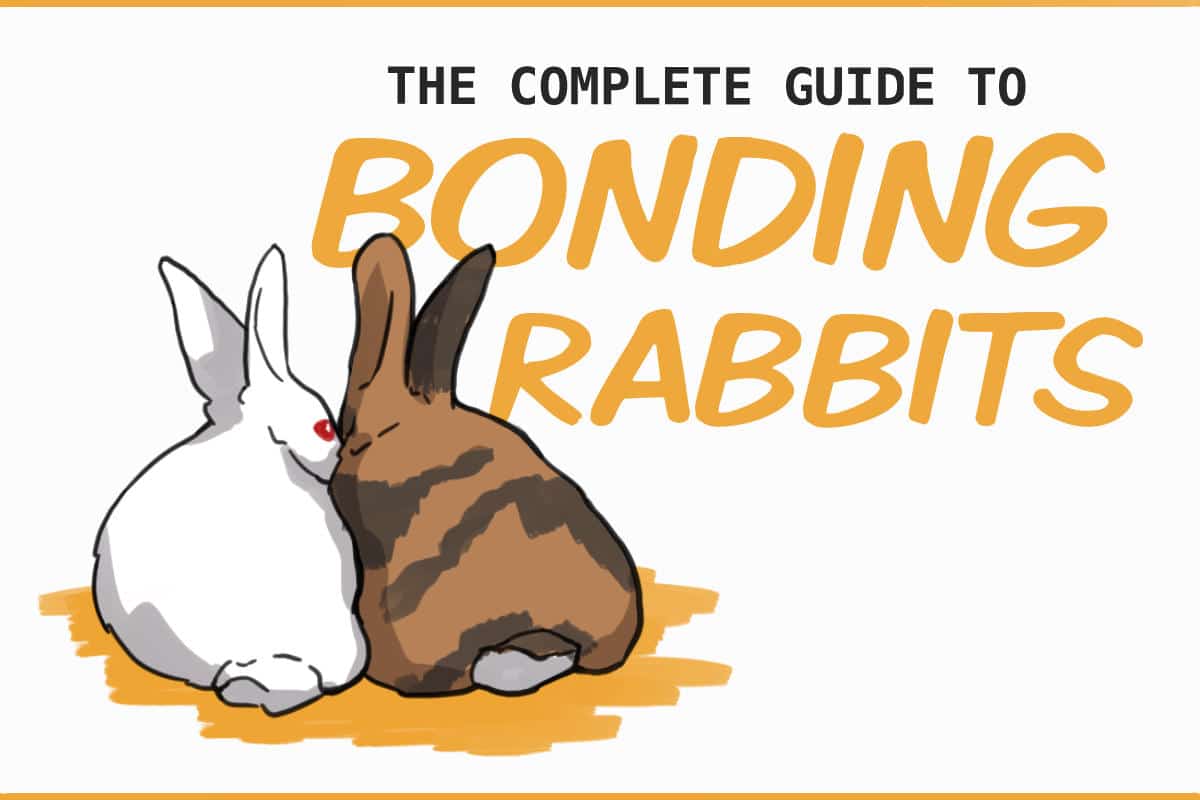
Bonding with your rabbit is important if you want to build a trusting relationship. You can engage in activities with your rabbit that will help you get to know one another. Here are some activities that can help create a strong bond between you and your rabbit:
| Activity | Description |
|---|---|
| Cuddling | Cuddling helps your rabbit to get used to your presence and learn to trust you. It’s also a great way of showing your rabbit that you’re a friend, not a threat. |
| Playing | Playing is an important part of bonding with your rabbit. You can play with your rabbit using a variety of toys, such as balls and tunnels. This will help your rabbit to become more active and sociable. |
| Training | Training your rabbit will help you to establish a bond of trust between the two of you. Training also gives your rabbit the opportunity to learn new skills and keeps them mentally stimulated. |
| Grooming | Grooming your rabbit can help to create a strong bond. It will give your rabbit a feeling of safety and comfort, and will help to keep their coat and nails in good condition. |
Bonding activities are a great way to get to know your rabbit better and build a strong relationship. With patience and effort, you can create a strong bond with your rabbit and be rewarded with a loving companion.
Rabbits and Socialization
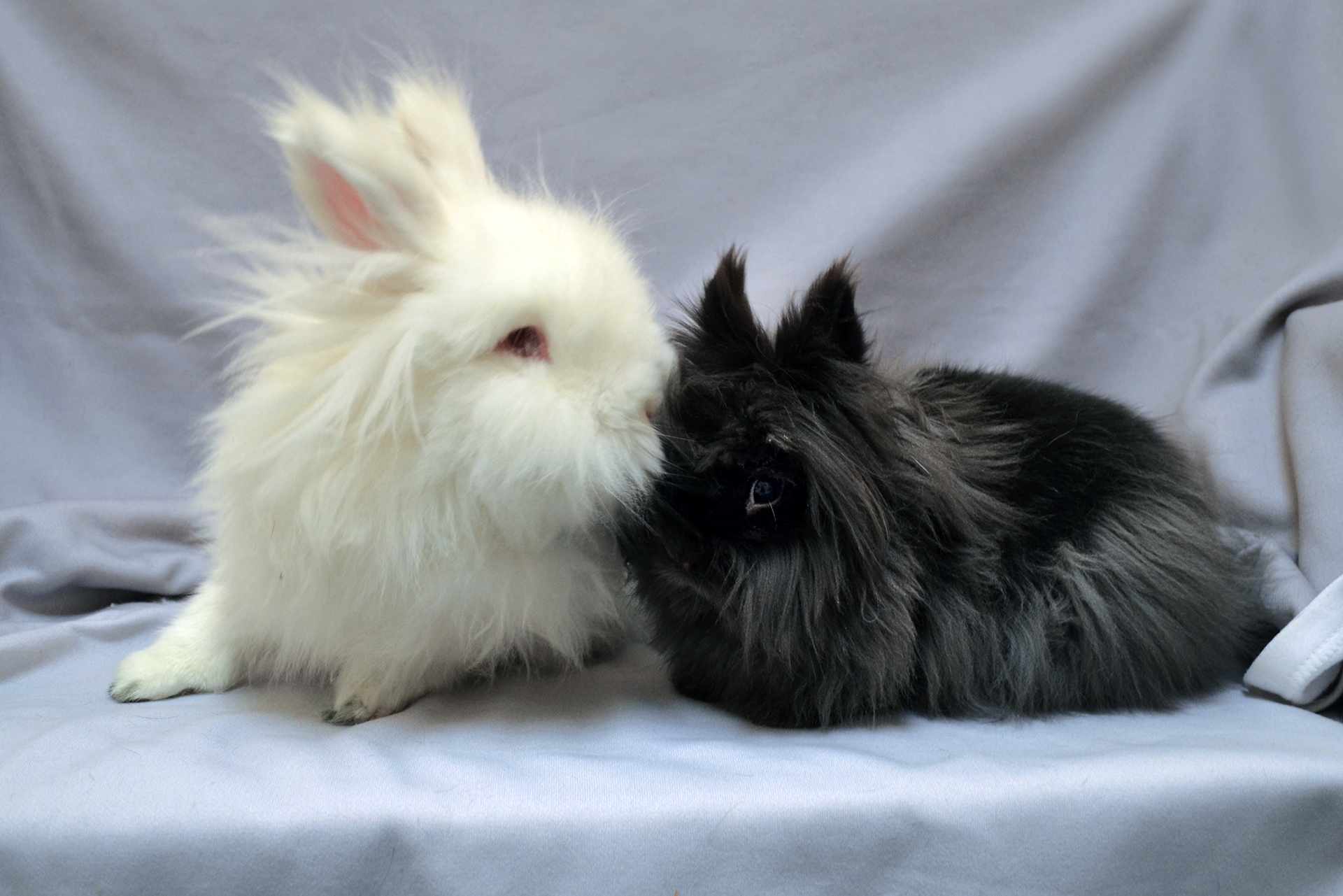
Rabbits are social animals and enjoy being around other rabbits and humans alike. They need social interaction to stay healthy and happy. If your rabbit doesn’t seem to like you, it could be due to poor socialization. Socialization is the process of teaching your rabbit to be comfortable and friendly around people. It’s important to socialize your rabbit early, as it will help them to become more confident and trusting of humans.
| Process | Description |
|---|---|
| Approach Slowly | Approach your rabbit slowly and calmly. Speak in a soft voice and offer treats or soothing strokes. |
| Provide a Safe Space | Make sure your rabbit has a safe, comfortable space to retreat to if they feel overwhelmed or scared. |
| Positive Reinforcement | Reward your rabbit with treats and praise when they’re calm and accepting of your presence. |
| Time and Patience | Socialization can take time. Allow your rabbit to take their time and don’t force them to interact with you. |
If your rabbit is not responding to your attempts to socialize them, there may be other issues at play. Consider consulting your veterinarian to make sure your rabbit doesn’t have any underlying medical issues that might be causing them distress.
Communicating with Your Rabbit
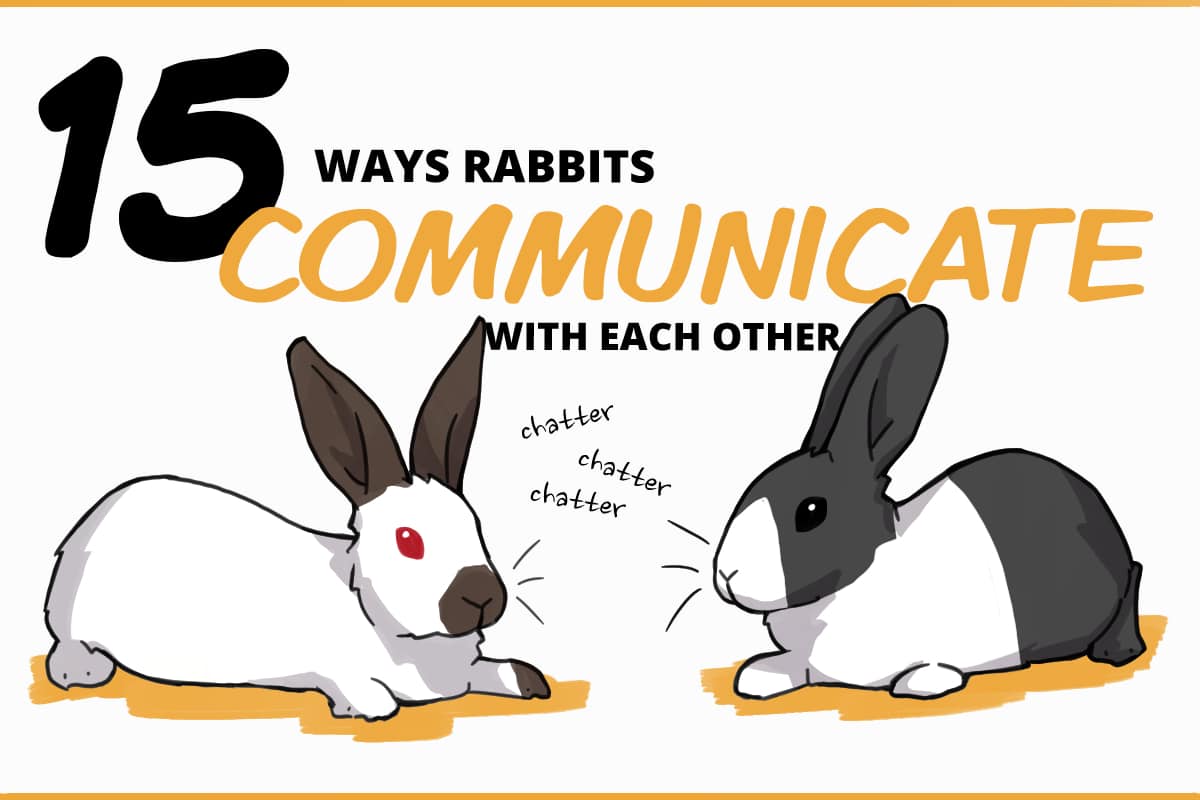
Rabbits are social animals who communicate with their owners in various ways. Understanding these communication signals can help you better bond with your rabbit and build a trusting relationship.
Vocalization – Rabbits can be quite vocal. They may make a honking sound when excited or pleased. They may also grunt, squeal, and thump their hind feet when stressed.
Body Language – Rabbits use their body language to communicate. If your rabbit is relaxed, it may lay on its side or sit with its eyes half-closed. If it is scared or angry, it may flatten its ears and thump its feet.
Grooming – Rabbits groom each other as a way to bond, and this behavior can also be used to bond with their owners. Gently brushing your rabbit’s fur can help it relax and trust you.
Treats – Treats are a great way to reward your rabbit and build trust. Try giving your rabbit a few pieces of its favorite vegetables or pellets as a reward when it does something you like.
Playtime – Rabbits love to play, and spending quality time with your rabbit can help build a strong bond. Offer your rabbit toys to play with and provide plenty of space for it to explore.
By understanding how rabbits communicate, you can better bond with your pet and build a trusting relationship.
Environmental Factors
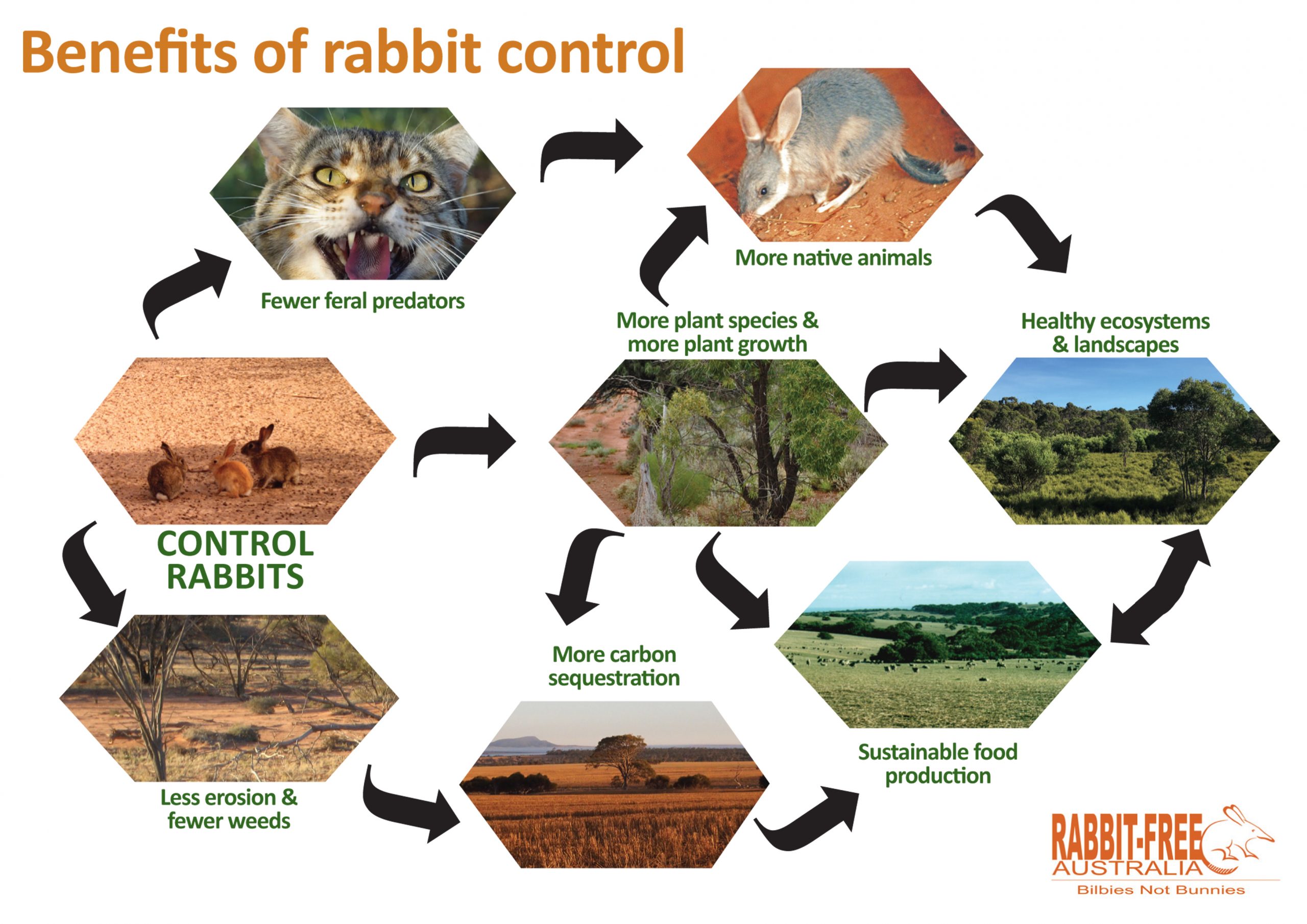
Rabbits are very sensitive to their environment, and changes in it can cause them to become fearful and display defensive behaviors. To ensure a safe and secure environment for your rabbit, it is important to:
- Provide ample space. Rabbits need at least 4-5 square feet of living space and plenty of room to exercise.
- Avoid loud noises. Loud noises can startle rabbits and cause them to become scared and defensive.
- Limit disruptions. Changes in their environment, such as rearranging furniture, can cause rabbits to become fearful and defensive.
- Ensure a consistent routine. Rabbits can become distressed when their routine is disrupted, so it is important to keep their environment as consistent as possible.
Other Possible Causes
- Lack of Socialization: Rabbits that have not been properly socialized may not be comfortable with humans, and they may show signs of aggression or fear when approached. If your rabbit was not handled and interacted with when they were a young kit, this may be the root of the problem.
- Lack of Bonding: Just like humans, rabbits need to build a bond with their owners. If you have not taken the time to get to know your rabbit, they may not be comfortable with you. Take time to talk to them, offer them treats, and interact with them in order to build that bond.
- Fear of New Environments: If your rabbit is new to your home, they may not be comfortable in their new environment. Make sure their cage is secure, and give them plenty of time to adjust to their new surroundings.
- Illness: If your rabbit is sick, they may not be as friendly as usual. A visit to the vet is recommended to rule out any underlying medical conditions.
If your rabbit is showing signs of aggression or fear towards you, it is important to figure out the cause. ”Other Possible Causes” such as lack of socialization, lack of bonding, fear of new environments, and illness may all be contributing to your rabbit’s behavior. Investing time and effort into understanding your rabbit and building a bond with them can help to ensure a healthy and happy relationship.
Frequently Asked Questions
What are signs that my rabbit doesn’t like me?
Rabbits can be very communicative and if your rabbit is displaying negative behaviors towards you, it can be a sign that it doesn’t like you. Signs that your rabbit does not like you can include avoiding you, seeming agitated or nervous around you, growling, biting, and kicking. If your rabbit is displaying any of these behaviors, it would be a good idea to take a step back and re-evaluate your relationship with your rabbit.
Is there a way to build trust between me and my rabbit?
Building trust takes time and patience. Start by introducing yourself to your rabbit slowly. Place both hands on either side of the rabbit’s cage and talk in a soft, gentle voice. Allow your rabbit to get comfortable with your presence and smell. Offer your rabbit treats from your fingers, but be sure to not be too pushy. Once your rabbit is comfortable with you, try to pet your rabbit’s head and face. Move slowly and be sure to not startle your rabbit. Keep in mind that your rabbit may never become as trusting as a dog or cat. However, with patience and understanding, you can develop a bond of trust with your rabbit.
What Should I Do If My Rabbit is Showing Signs of Aggression?
- Identify the Cause – First, identify what is causing your rabbit to act aggressively. Aggression can be caused by fear, pain, territorial behavior, or dominance. If the bunny is fearful, it may be because of a loud noise, or a sudden movement or change in the environment. It could also be because of a new person, pet, or object in the house.
- Avoid Punishment – Punishing your rabbit for aggression will only make the problem worse. Instead, try to gently redirect the rabbit’s attention away from whatever is causing the aggression. If the bunny is scared, try to make the environment as calm and reassuring as possible.
- Provide Plenty of Space – Make sure your rabbit has plenty of space to roam around and explore safely. This will help your rabbit feel secure and less likely to act out. If you’re living in a small space, provide your rabbit with plenty of toys and hiding spots where they can feel safe.
- Provide Mental Stimulation – Providing your rabbit with plenty of mental stimulation will help keep them content and happy. This can include offering your rabbit a variety of toys, treats, and activities. Spend some time each day interacting with your rabbit, such as playing with toys or providing some brushing or petting.
- Seek Professional Help – If your rabbit’s aggression persists, it is best to seek the help of a professional. A veterinarian or a certified animal behaviorist can help you and your rabbit work through the aggression and help you find a solution.
How do I know if my rabbit is comfortable with me?
Rabbits are social animals and when comfortable, they will enjoy interacting with you. Signs of a relaxed rabbit include: lying down while you pet them, licking you, nibbling on your clothing, and hopping around you. A rabbit may also make small “purring” noises or thump their hind feet in pleasure. A rabbit that is scared or uncomfortable will show signs of distress such as jumping away, thumping their feet, or flattening their ears.
If your rabbit is not used to being around people, it is important to give them time and space to adjust. Speak to them in a soft, gentle voice and offer treats. Once your rabbit is comfortable with you, they will be more likely to interact with you.
Is there a way to make my rabbit feel more at ease around me?
Rabbits are naturally timid animals and can take some time to adjust to new environments and people. To help your rabbit feel more at ease, create a safe and comfortable space for it with plenty of hiding places and soft bedding. Spend time near your rabbit and give it treats, but do not attempt to pick it up or pet it. Allow it to come to you when it is ready and be patient until it is comfortable enough to approach you.
Conclusion
Rabbits are intelligent, playful and curious animals who can form strong bonds with their humans. To build a relationship with your rabbit, you need to take the time to get to know them, provide them with the right care and environment, and be patient with their sometimes unpredictable behavior. With a little effort, you can learn to understand your rabbit and create a loving bond that will last a lifetime.
